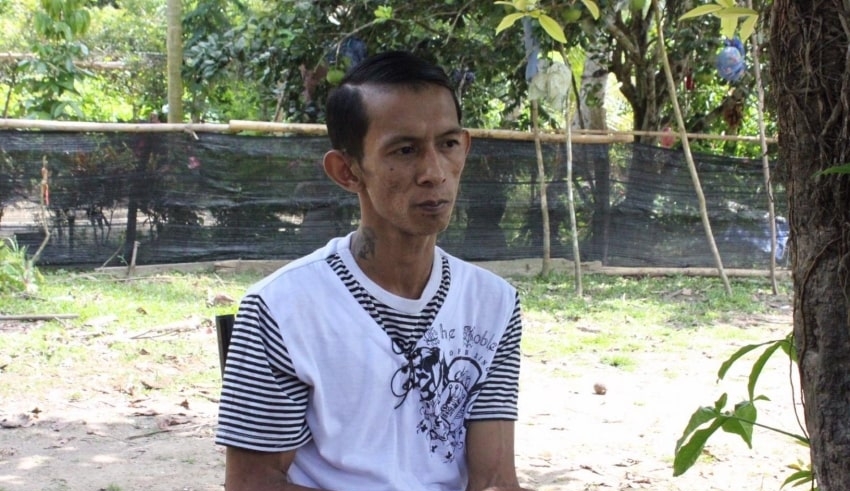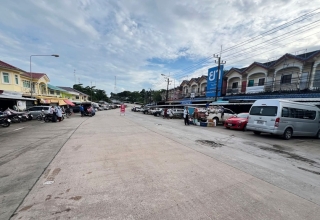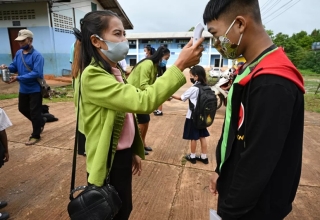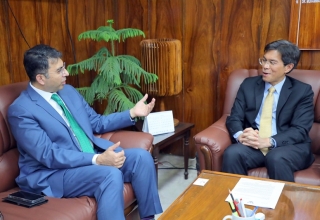
Kalae Tapae, a Muslim community located by the river in Sungai Padi district in the southern province of Narathiwat, is now the location of the first half-way house in the restive deep South for Muslims who are former convicts.
This half-way house is touted as a solution to solve narcotic problems in the southern provinces which are known as routes for trafficking narcotics to neighbouring countries.
The Kalae Tapae project represents an effort by convicted convicts to return to society and potential peaceful coexistence between former convicts and open-minded villagers stated that Witthawan Sunthornkhajit, chief executive of the Ministry of Justice’s Department of Probation.
The initiative launched three years ago, after officials there noticed a spike in opioid cases of recidivism. The place was selected as a public property belonging to the 13 rai land plot and due to its near proximity to the prison and official offices. The Department of Justice has operated 11 halfway houses around the country for convicted prisoners. But halfway house Kalae Tapae is the first space for Muslim convicts.
The 13 rai land plot had previously been used as an overnight refuge for former inmates who had done imprisonment for uprising offences. In 2018, the department obtained 12 million baht from the government to construct halfway houses, with facilities for career training and tools for the department to track drugs in their networks.
Since being arrested on drug offences, the alleged convicts staying there have been jailed. The shelter offers accommodation for 25 convicted convicts, who will stay for four months. These chosen convicts are the ones who were having difficulty returning to their homes.
Community hearings were held within the agency. Local and religious figures prevailed in persuading villagers to give the convicted convicts a chance. Paero Dueramae, a former shelter prisoner, said the room helped guide him away from returning to his old ways of drug-taking. Paero, a pupil who had been awarded a scholarship for his athletic abilities, was jailed on opioid charges for two years.
In solving drug issues he said the climate is critical. When he came home he said returning to his bad habits was too convenient for him. His mother and wife were at his house brewing kratom leaves for sale. Kratom leaves are graded as material in grade 5. “I told them to stop brewing the kratom leaves if they want me to start doing drugs too,” he said. And in the southern provinces the root cause of drug issues has its own cultural and social complexities. Since Muslims don’t drink beer, instead opioid addicts turned to opioids.
Suhimee Apiseng, 32, a former prisoner, said the shelter will provide him with time and space to clear his mind and plan to return to Yala province to live with his family and friends.























